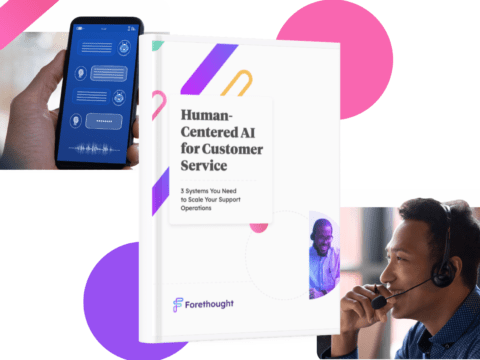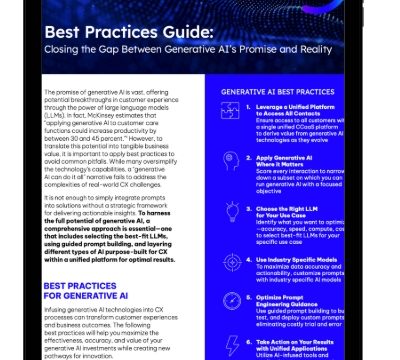
The Future of AI in Law Firms
Artificial Intelligence (AI) is no longer just a buzzword—it’s actively shaping industries worldwide, and the legal profession is no exception. The use of AI in law firms has grown exponentially in recent years, offering opportunities to streamline workflows, reduce costs, and enhance client service. By automating time-consuming tasks, lawyers can spend more time focusing on complex legal issues and client relationships.
But what exactly is AI, and how can law firms leverage its power to improve efficiency and effectiveness? This page explores the role of AI in the legal industry, what it is, and how law firms can use it responsibly to save time, money, and effort.
What is Artificial Intelligence (AI)?
AI is the simulation of human intelligence processes by machines. In the context of law, AI systems utilize advanced algorithms that can classify, analyze, and make predictions based on large datasets. These systems are trained using vast amounts of data, allowing them to identify patterns, predict outcomes, and recommend actions, often with greater speed and accuracy than humans.
AI encompasses several key technologies, including Machine Learning and Natural Language Processing (NLP):
- Machine Learning: This subset of AI allows systems to learn from data input, recognize patterns, and make decisions without human intervention. As machines are exposed to more data, their ability to analyze and predict improves.
- Natural Language Processing (NLP): NLP focuses on enabling machines to understand, interpret, and generate human language. In law, this means AI can read legal documents, understand the context, and extract relevant information—helping legal professionals automate tasks like document review and legal research.
AI Applications in Law Firms
While the legal profession has traditionally been slow to embrace new technologies, AI is quickly becoming an integral tool in law firms. By automating routine tasks, AI helps lawyers save time, reduce errors, and focus on what truly matters: providing strategic legal advice to clients.
Here are some key areas where law firms can benefit from AI:
1. E-Discovery
E-discovery is one of the most common and practical uses of AI in law. This process involves searching through vast amounts of electronic data to identify non-privileged information that is relevant to a case. AI-powered e-discovery tools can scan emails, documents, and other digital records in a fraction of the time it would take a human team, allowing lawyers to find critical information faster and with greater accuracy.
- Benefits:
- Faster document review
- Reduced human error
- Improved accuracy in identifying relevant information
2. Legal Research
AI-powered legal research tools have revolutionized how lawyers conduct case research. With access to vast databases of statutes, regulations, case law, and more, AI can quickly sift through thousands of legal documents, identify relevant precedents, and present insights that might otherwise take hours or days to uncover manually.
- Benefits:
- Faster research capabilities
- Improved search precision
- Time saved on repetitive tasks
This article is posted at clio.com

Please fill out the form to access the content






